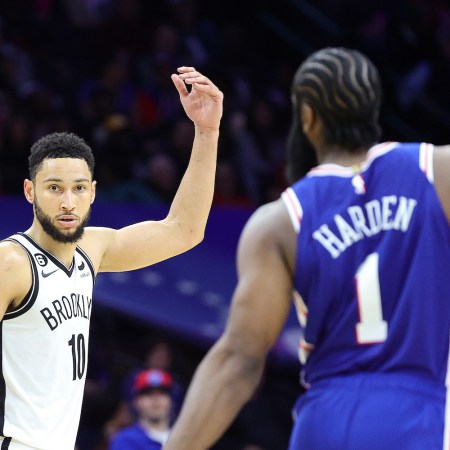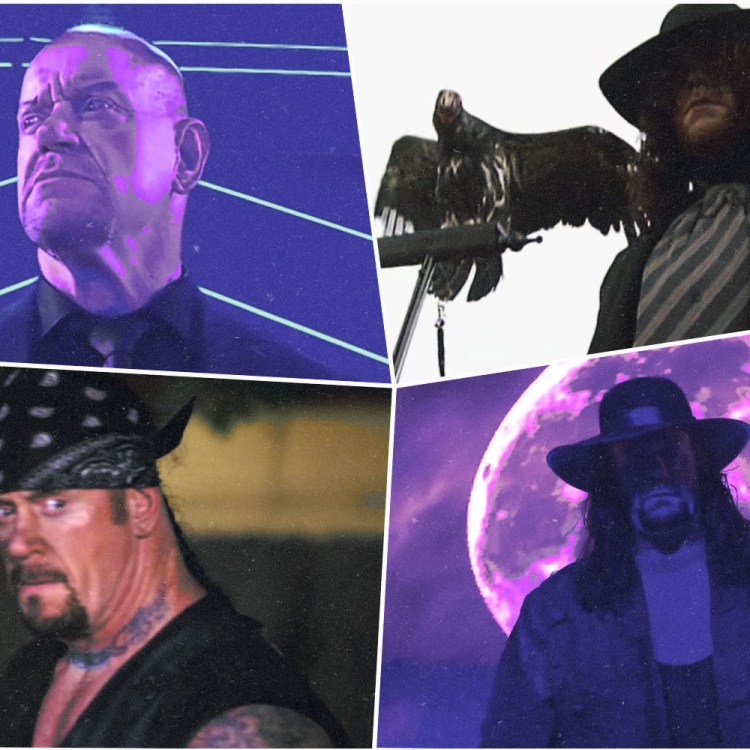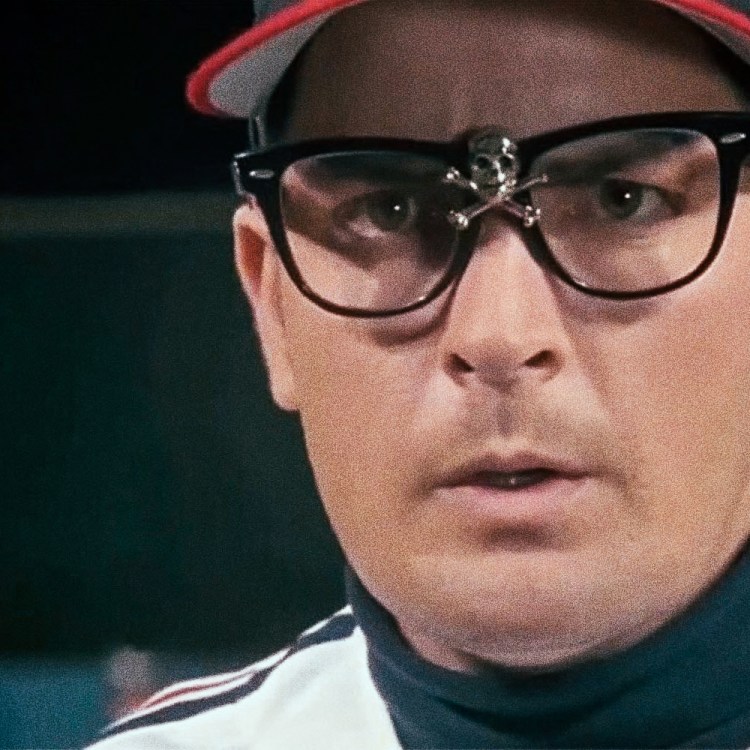One of Michael Jordan’s former teammates with the Chicago Bulls is not pleased with how he was portrayed in ESPN’s The Last Dance.
Horace Grant, who won three championships with the Bulls and one with the Lakers, told ESPN 1000 in Chicago that an idea which was floated by Jordan in the documentary, that he was a major source for author Sam Smith’s inflammatory book The Jordan Rules, was false.
“[He] puts this lie out that I was the source behind [the book],” Grant said in the interview. “Sam and I have always been great friends. We’re still great friends. But the sanctity of that locker room, I would never put anything personal out there. The mere fact that Sam Smith was an investigative reporter. That he had to have two sources, two, to write a book, I guess. Why would MJ just point me out?”
According to Grant, Jordan used the documentary as a way to get back at people he had a problem with.
“It’s only a grudge, man,” he said. “I’m telling you, it was only a grudge. And I think he proved that during this so-called documentary. When if you say something about him, he’s going to cut you off, he’s going to try to destroy your character.”
Grant was also critical of Jordan for airing dirty laundry about his rookie year and called him a “snitch” for doing so.
“He said that I was the snitch, but yet and still after 35 years, he brings up his rookie year going into one of his teammates’ rooms and seeing coke, and weed and women,” Grant said. “My point is: Why the hell did he want to bring that up? What’s that got to do with anything? I mean, if you want to call somebody a snitch, that’s a damn snitch right there.”
Though not for the same reason, documentarian Ken Burns was also critical of the ESPN docuseries and skewered the idea that it was “good journalism” because the filmmakers gave Jordan final say about what made the final cut.
“I find it the opposite direction of where we need to be going,” Burns said. “If you are there influencing the very fact of it getting made it means that certain aspects that you don’t necessarily want in aren’t going to be in, period. And that’s not the way you do good journalism … and it’s certainly not the way you do good history, my business.”
Subscribe here for our free daily newsletter.
Thanks for reading InsideHook. Sign up for our daily newsletter and be in the know.


















